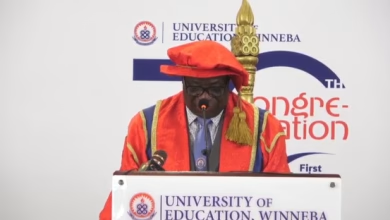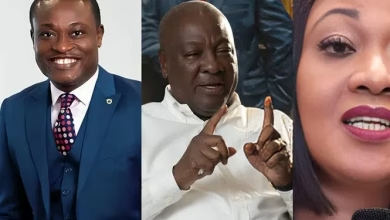Ghana Bar Association Questions Constitution’s Effectiveness in Fighting Corruption

- The Ghana Bar Association (GBA) is raising concerns about the effectiveness of the 1992 constitution in tackling corruption.
- Kudze criticized the legal framework that treats both the bribe giver and taker as equally culpable.
- Kudze's remarks echo recent calls by Chief Justice Gertrude Tokornoo for a comprehensive review of ethical practices within the judiciary.
The Ghana Bar Association (GBA) is raising concerns about the effectiveness of the 1992 constitution in tackling corruption. Public Relations Officer Saviour Kudze argues that current laws unintentionally hinder anti-corruption efforts.
Speaking on JoyNews, Kudze criticized the legal framework that treats both the bribe giver and taker as equally culpable. This approach, he argues, discourages people from reporting corruption for fear of self-incrimination.
“How do you expect to fight corruption when the law punishes both the giver and taker equally?” Kudze questioned. “Would anyone report a bribe knowing they risk arrest and jail time?”
Kudze emphasizes the need for legislative reform alongside a societal transformation. He laments a shift in values where material gain overshadows ethical principles.
“We’ve unconsciously limited our definition of success to material wealth,” he observed. “This needs reevaluation. If we, as individuals, hold strong values, these problems wouldn’t be so prevalent.”
Kudze’s remarks echo recent calls by Chief Justice Gertrude Tokornoo for a comprehensive review of ethical practices within the judiciary. These efforts aim to restore integrity and combat corruption across Ghanaian society.






